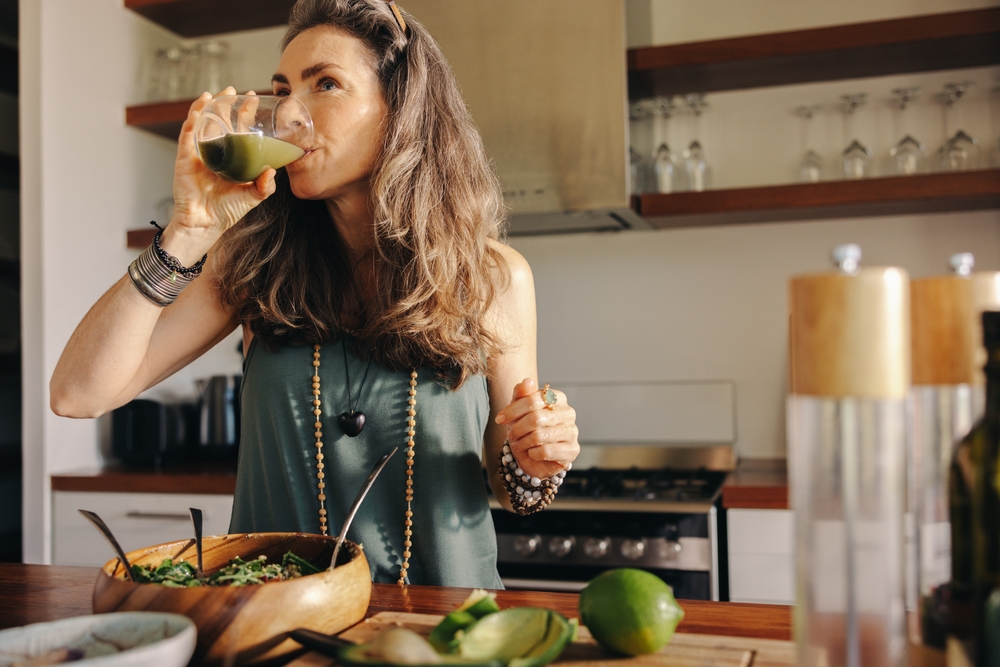High-Fiber Drink Offers Nutrient Boost, But Not a Miracle Weight Loss Cure
Others are reading now
Chia seeds, celebrated for their high fiber and omega-3 fatty acid content, have become a popular ingredient in health-conscious diets. Nutritionists say that consuming them as chia water—soaked chia seeds mixed with water and lemon juice—can significantly improve digestive function and reduce intestinal inflammation, according to Digi24.
Health Benefits of Chia Seeds
Described as a superfood, chia seeds possess strong antioxidant and anti-inflammatory properties. Rich in alpha-linolenic acid (ALA), they can lower markers of systemic inflammation, benefiting people with arthritis and cardiovascular conditions.
Chia seeds also support gut health by feeding beneficial bacteria in the microbiome and eliminating harmful ones.
“Chia seeds are an excellent source of calcium, magnesium, iron, folic acid, and phosphorus, all vital for bone strength,” explains nutrition specialist Ana Maria Demetrescu.
Also read
“The antioxidants they contain help protect the skin from damage caused by free radicals, slowing premature aging.”
The seeds are also associated with healthier skin due to their omega-3 content, which may reduce the impact of UV damage and chronic skin inflammation.
A Popular but Misunderstood Weight Loss Trend
While chia water has surged in popularity as a supposed weight loss drink, Demetrescu cautions that it is not a magic solution.
“Chia water does not directly promote weight loss. It only provides a feeling of fullness, which may help reduce overall food intake,” she says. “It should be part of a balanced lifestyle and not a standalone remedy.”
Additionally, people with pre-existing digestive issues like constipation or bloating may find chia water exacerbates symptoms.
Potential Risks and Precautions
Though generally safe, chia seeds swell significantly when soaked and consumed. Excess intake can cause bloating, gas, or even intestinal blockages, especially for those unaccustomed to high-fiber diets. Individuals with swallowing difficulties should also be cautious, as the gel-like consistency can be challenging.
Nutritionists emphasize that chia water should complement—not replace—plain water. Anyone considering adding chia water to their diet should consult a healthcare provider for personalized advice.


